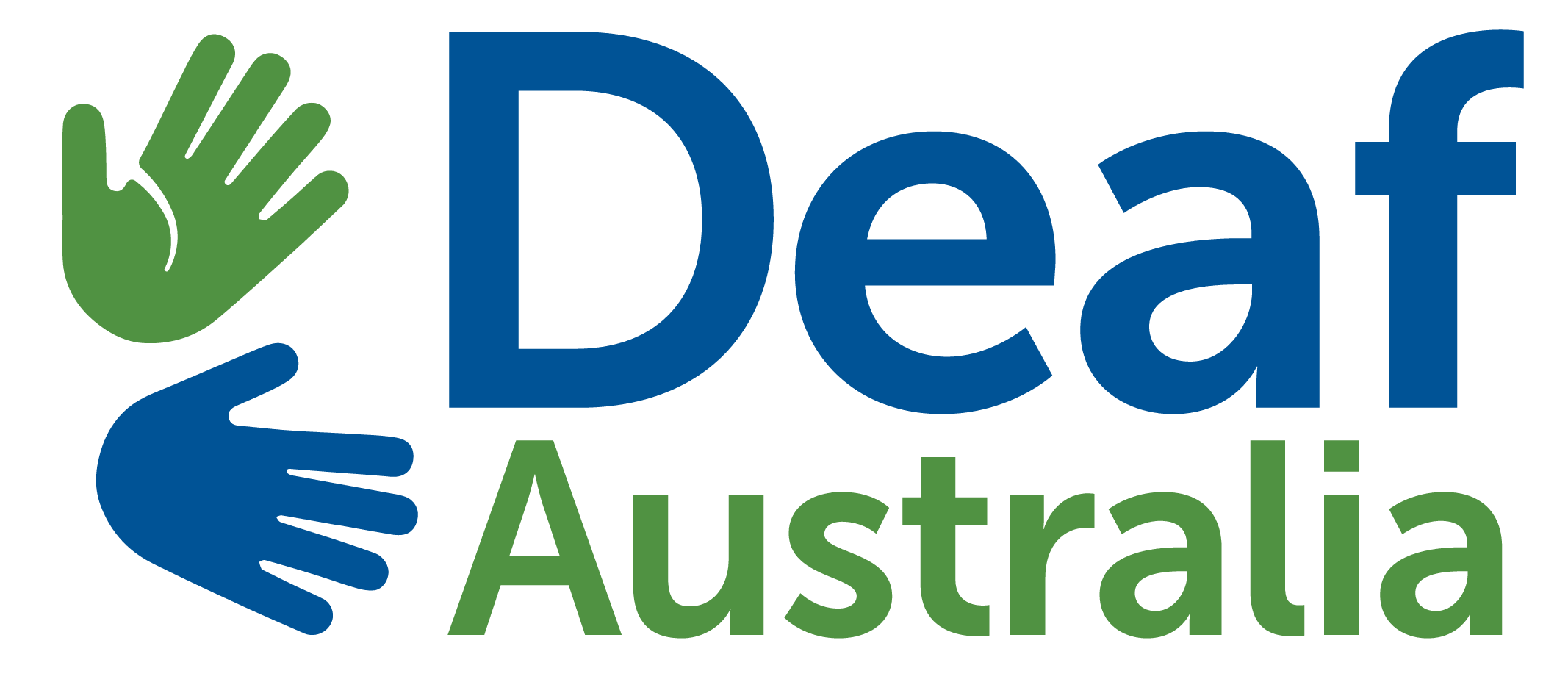No products in the cart.
Deaf Australia is aware that Auslan Corporation Ltd, also known as the Sign Language Council, which was registered as a company earlier this year by Goran Nikolic and Llewellyn Jones, have posted on social media (Facebook) and on their website copies of proposed legislation relating to the regulation of Australian Sign Language (Auslan) (Bills) and are alleged to have been submitted to Parliament.
At this time, Deaf Australia won’t make a comment on the substance of the Bills, however, we will rely on the robust processes put in place in Australia for the consultation and introduction of any bill into Parliament.
How Bills are introduced to Parliament
Usually Bills are written and introduced into Parliament by the Government. A member of the public or a company (including not for profit companies) cannot introduce a bill into Parliament. Even when a community group introduces a Bill, it is rarely successful. For a bill to be successful as either a private members’ bill or as a government motion, the government must be convinced that the bill has merit and has been subject to a robust consultation process in either the formation of the bill or in the later consideration of it before it can navigate the parliamentary processes.
Alternately, an MP or Senator from any party can write a Bill, called “Private Members Bills”. But the MP or Senator must believe in the bill and see it as giving them political benefit to support the bill – they will need compelling evidence from the group advocating for the bill, that there is a genuine need for the proposed changes and that it represents the interests of the majority of the affected community. Therefore, Auslan Corporation Ltd, Mr Nikolic or Mr Jones would need to obtain the support of the Government, an MP or a Senator to introduce the Bill into Parliament.
Even when the Bills are introduced there are a number of stages which the Bills must go through before they can be voted on and become law. A bill can only be passed by a majority vote in the Senate and House of Representatives. It may take months or even years for a bill to pass through Parliament. Only urgent bills can be passed in hours or days.
If the Bill is introduced into Parliament it will be made available to public on the Parliament’s website at: www.aph.gov.au/bills.
The MP or Senator who presents the Bills will make a speech to Parliament explaining the purpose, general principles and effect of the bill. At the end of the speech, debate on the bill is deferred (to a later date) to allow other members of Parliament time to study the bill and its effects before speaking and voting on it, and to provide the opportunity for public discussion and reaction. This is usually when a consultation process occurs.
The Commonwealth Legislation Act 2003 requires that, before making a law, appropriate consultation has been undertaken in relation to a proposed law. Deaf Australia intends to obtain information about the consultation for the Bills and will provide this information to the Deaf community. Submissions may also be made from the community.
In addition to the debate, the bill may also be considered in detail, clause by clause to enable changes to it to be proposed.
To date, the Bills have not been introduced into Parliament. Deaf Australia intends to identify any MP or Senator who may endorse the Bills and will consult with that MP or Senator directly. During any formal consultation process, Deaf Australia intends to lodge submissions in relation to the Bills. Submissions may also be made from the community. Deaf Australia advises that at this stage it will contact its local MP/Senator to convey its concern.


